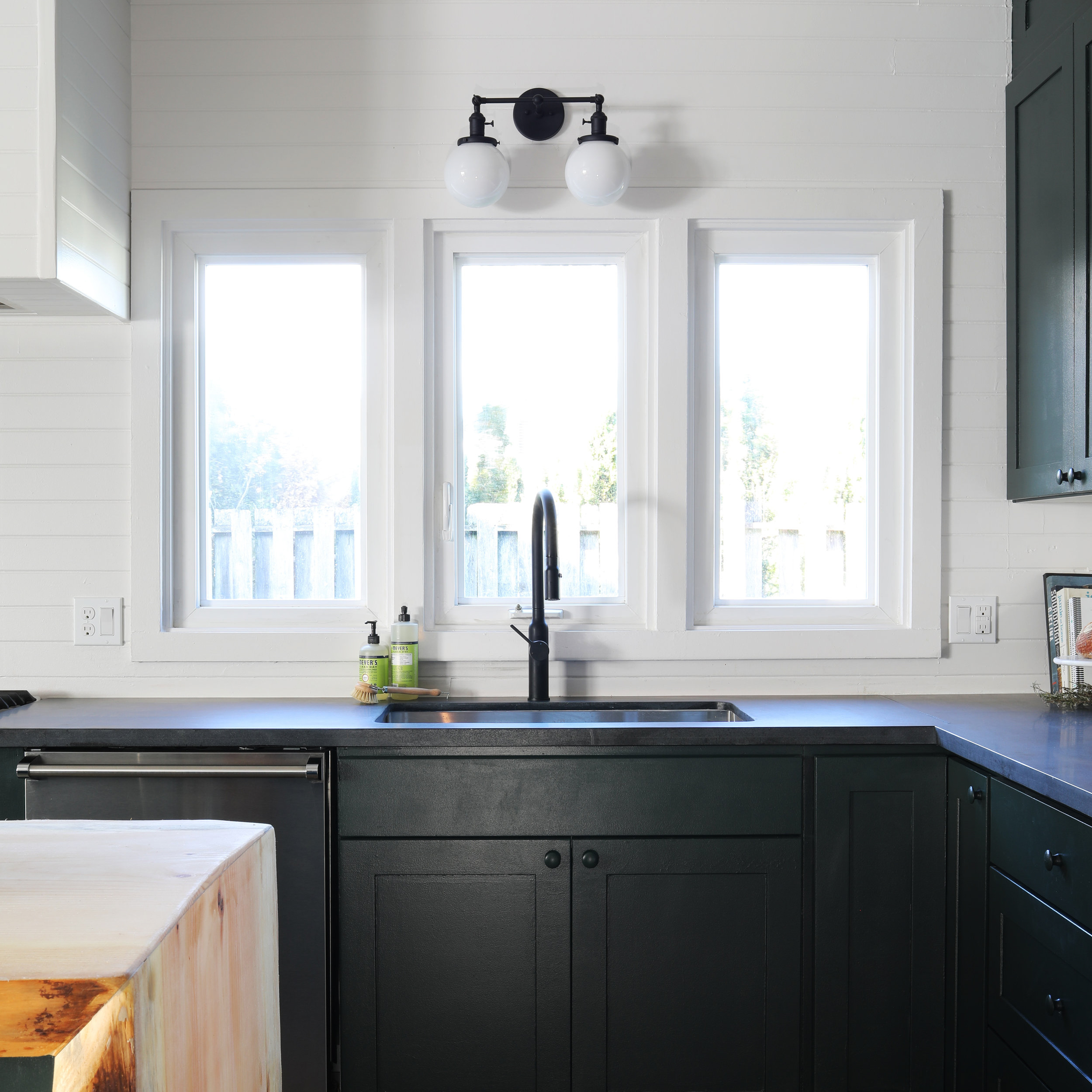
Bedroom Illumination: Shedding Light on the Importance of Turning On Your Lights
The Negative Effects of Dark Bedrooms
Have you ever gone into your bedroom at night and refused to turn on the lights because you didn’t want to disturb your sleep? Or maybe you just prefer to sleep in darkness? Whatever the reason, keeping your bedroom dark can have some negative effects on your health and wellbeing.
Disrupting Your Sleep Cycle
Our bodies’ natural sleep-wake cycle is regulated by a hormone called melatonin. Melatonin production is triggered by darkness and suppressed by light. So when we keep our bedrooms dark, we’re telling our bodies that it’s time to sleep. On the other hand, when we keep our bedrooms lit, we’re giving our bodies mixed signals, which can disrupt our natural sleep cycle.
Promoting Depression and Anxiety
Another negative effect of keeping your bedroom dark is an increase in depression and anxiety. Darkness triggers the release of a hormone called cortisol, which is associated with stress. Cortisol levels can increase when we’re kept in the dark for long periods of time, leading to feelings of anxiety and depression.
The Benefits of Turning on Your Lights
Now that we’ve explored the negative effects of dark bedrooms, let’s look at the benefits of turning on your lights:
Regulating Your Sleep Cycle
One of the most significant benefits of turning on your lights is that it helps regulate your sleep cycle. When we expose ourselves to light in the morning, our bodies produce less melatonin, which helps us feel wakeful and alert. By keeping our bedroom lit during the day and turning it off at night, we’re sending our bodies the right signals to regulate our sleep cycle.
Reducing Stress and Anxiety
Another benefit of turning on your lights is that it reduces stress and anxiety. In contrast to darkness, light triggers the release of serotonin, a neurotransmitter that is associated with happiness and well-being. Serotonin levels can increase when we’re exposed to bright light, leading to feelings of calm and relaxation.
Best Practices for Bedroom Lighting
So, now that we know how important it is to turn on our lights, let’s look at some best practices for bedroom lighting:
Get the Right Bulbs
When it comes to lighting, not all bulbs are created equal. Some are brighter than others, and some emit different colors of light. To promote relaxation and calmness in your bedroom, it’s important to choose bulbs that emit warm, soft light rather than bright, cool light.
Use Your Lights Strategically
When you’re using your lights in your bedroom, it’s important to use them strategically. Turning on all the lights in your room can be overwhelming and stimulating, so consider using dimmer switches and lamps to create a softer, more relaxing atmosphere. And when it’s time to sleep, make sure your room is completely dark to promote healthy sleep habits.
Invest in Smart Lighting
If you want an even more strategic approach to bedroom lighting, consider investing in smart lighting. With smart lighting, you can set schedules and create different lighting themes to promote relaxation, bedtime, and wake-up time.
As we’ve explored in this article, bedroom illumination is incredibly important. From regulating our sleep cycles to reducing stress and anxiety, turning on our lights can have significant positive effects on our health and wellbeing. By following some basic best practices, we can create a relaxing and enjoyable environment in our bedrooms that will help us feel more rested, rejuvenated, and ready for the day ahead. So make sure to turn on your lights tonight!
